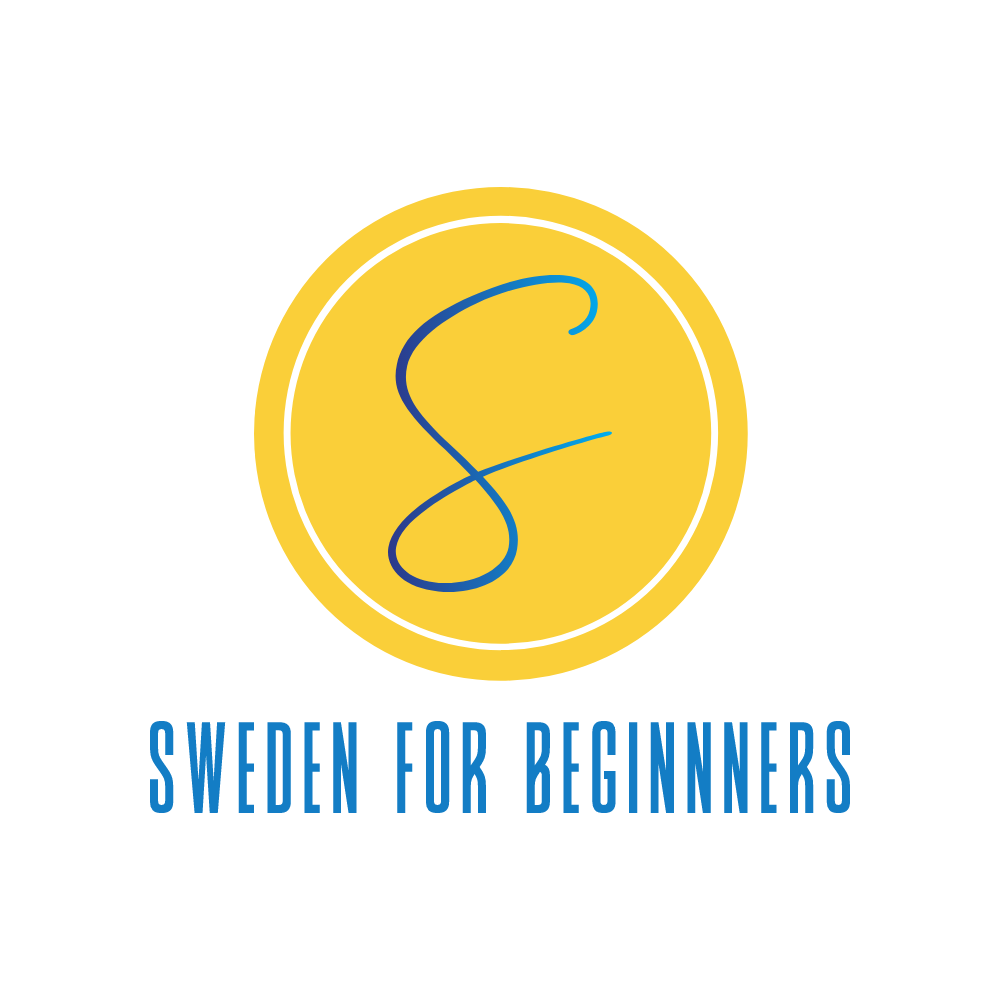When cultures collide
Kulturcrockar 101: A guide to cultural clashes in Sweden

The subtitle “Kulturkrockar 101: A guide to cultural clashes in Sweden” might seem a bit ambitious. There’s so much to say about cultural clashes that it could fill an entire book,
In this blog post, I’ll share some personal experiences of kulturkrockar that I’ve encountered in Sweden.
A kulturkrock is a cultural clash.
It’s what happens when people from different cultures meet and their different ways of thinking, behaving, or communicating cause misunderstandings or conflicts.
For example, if someone from a culture that values punctuality meets someone from a culture where being late is normal, they might experience a kulturkrock.
Direct communication vs. indirect communication
Swedes are known for their direct and straightforward communication style. They value honesty and clarity, often getting straight to the point without much small talk.
Potential clash: Individuals from cultures where indirect communication is the norm might find this approach blunt or even rude. On the other hand, Swedes might perceive indirect communication as evasive or unclear.
When I first came to Sweden and started my job, I noticed that all the emails began with a simple “hej” and got straight to the point. This was a stark contrast to my previous job at a Croatian ministry, where emails were very formal. They always started with long introductions, asking how I was and setting the context before getting to the main point.
Initially, I felt disrespected by the Swedish approach. It seemed too abrupt and impersonal compared to the personal, detailed emails I was used to. My partner and some books helped me understand that this directness is a cultural norm in Sweden. Swedes value efficiency and clarity and that is reflected in their communication style.
Even though I understood the reason behind it, the feelings of discomfort lingered. This experience alone showed me how deeply ingrained our cultural habits are and how they shape our perceptions and reactions.
Social interactions and personal space
Social interactions in Sweden are often reserved, and it’s common to maintain a certain physical distance during conversations.
Potential clash: People from cultures with more tactile or close-knit social norms might find Swedish interactions distant or cold. Swedes might feel uncomfortable with what they perceive as overly familiar or intrusive behavior.
Coming from Croatia, I’m used to a culture where people often dive into intimate questions very quickly. It’s common to ask about family, personal life, and even opinions on sensitive topics like religion and politics early in a conversation. While I’m not a big fan of this myself, it’s a norm I’m familiar with.
In Sweden, however, interactions often feel more like formal meetings. Conversations tend to stay on the surface, avoiding uncharted territories like religion, politics, and intimate life. These topics are generally considered private and are better left untouched in casual or professional settings.
This difference can feel quite stark. For example, when I first started interacting with Swedes, I noticed that conversations rarely went beyond safe topics like the weather, work, or general interests.
It felt a bit distant and impersonal compared to what I was used to.
We can talk about more examples of cultural clashes, like:
- Hierarchy vs. equality in the workplace
- Approach to time and scheduling
- Gift-giving etiquette
- Approach to conflict and disagreement
....and many, many more.
I just wanted to scratch the surface and showcase how deeply our culture is ingrained in us, often stirring our emotions and reactions whether we realize it or not.
Understanding these cultural codes and values helps us navigate interactions more smoothly and avoid misunderstandings.
By learning about other cultures, we can build more respectful and meaningful relationships, appreciating the diversity that makes our world sometimes confusing, but at the end of the day rich and interesting.
Yes, cultural differences can be challenging, but understanding them is the first step towards bridging the gap.



